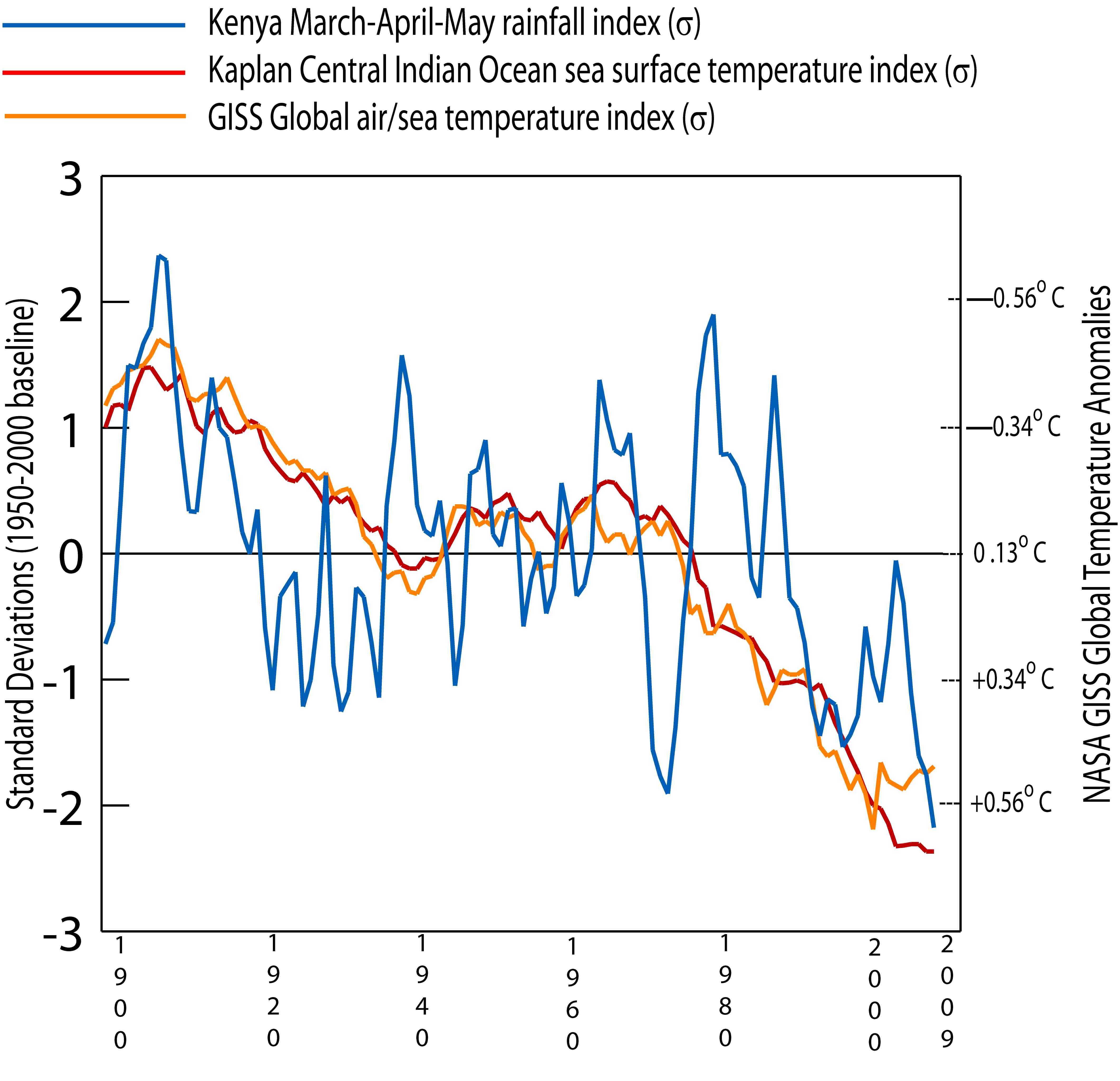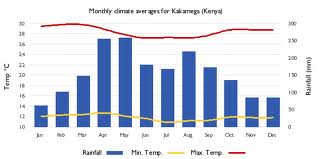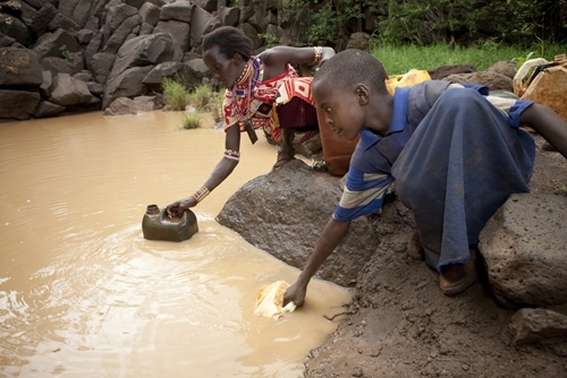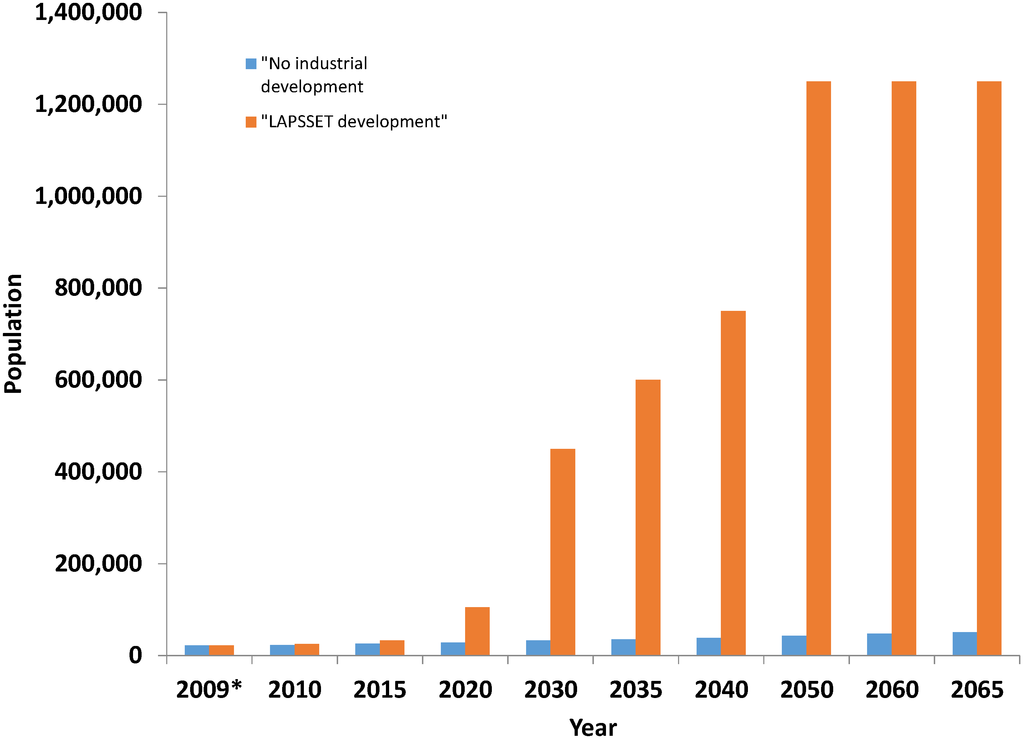
Even after accounting for physical water availability or access, water quality could further reduce the amount of usable water available to a developing country for human consumption, sanitation, agriculture and industrial purposes, in addition to various ecosystem services.


The World Bank’s work in Kenya supports the government’s Vision 2030 development strategy, which aims to accelerate sustainable growth, reduce inequality, and manage resource scarcity.
To BE or not to BE? That is one of the questions farmers began to face last week, when the U.S. Department of Agriculture published its proposed rules for the labeling of genetically modified food. Except that we’ll probably stop calling them GMOs. We may start talking about whether food is BE or



“Access to safe water is a fundamental human need and therefore a basic human right.”. Kofi Annan, United Nations Secretary General


Water supply and sanitation in Kenya is characterised by low levels of access to water and sanitation, in particular in urban slums and in rural areas, as well as poor service quality in the form of intermittent water supply.
MAKING WATER A PART OF ECONOMIC DEVELOPMENT The Economic Benefi ts of Improved Water Management and Services A report commissioned by the Govern-
Ignite 2017 Annual Report Project ignite looks further at the total market – informed by rigorous market assessments – and the various actors influencing the end user – to improve and correct underperforming aspects of the market and access to contraception and safe abortion services.
Kibera, in Kenya’s Nairobi County. Photo by Ninaras/Flickr Musili 1 has lived in Kibera in Kenya’s Nairobi County for several years, where he owns a small mobile phone repair shop. While the business is connected to the grid, electricity is unreliable. Musili has been forced to close his shop many


Kenya’s decentralization is among the most rapid and ambitious devolution processes going on in the world, with new governance challenges and opportunities as the country builds a new set of county governments from scratch.
Raila Odinga, the 71-year-old son of Kenya’s first vice-president, has run for the presidency of Kenya on three occasions, in 1997, 2007 and 2013.Each time, he has lost out, most recently to Uhuru Kenyatta, the third son of the country’s first leader.